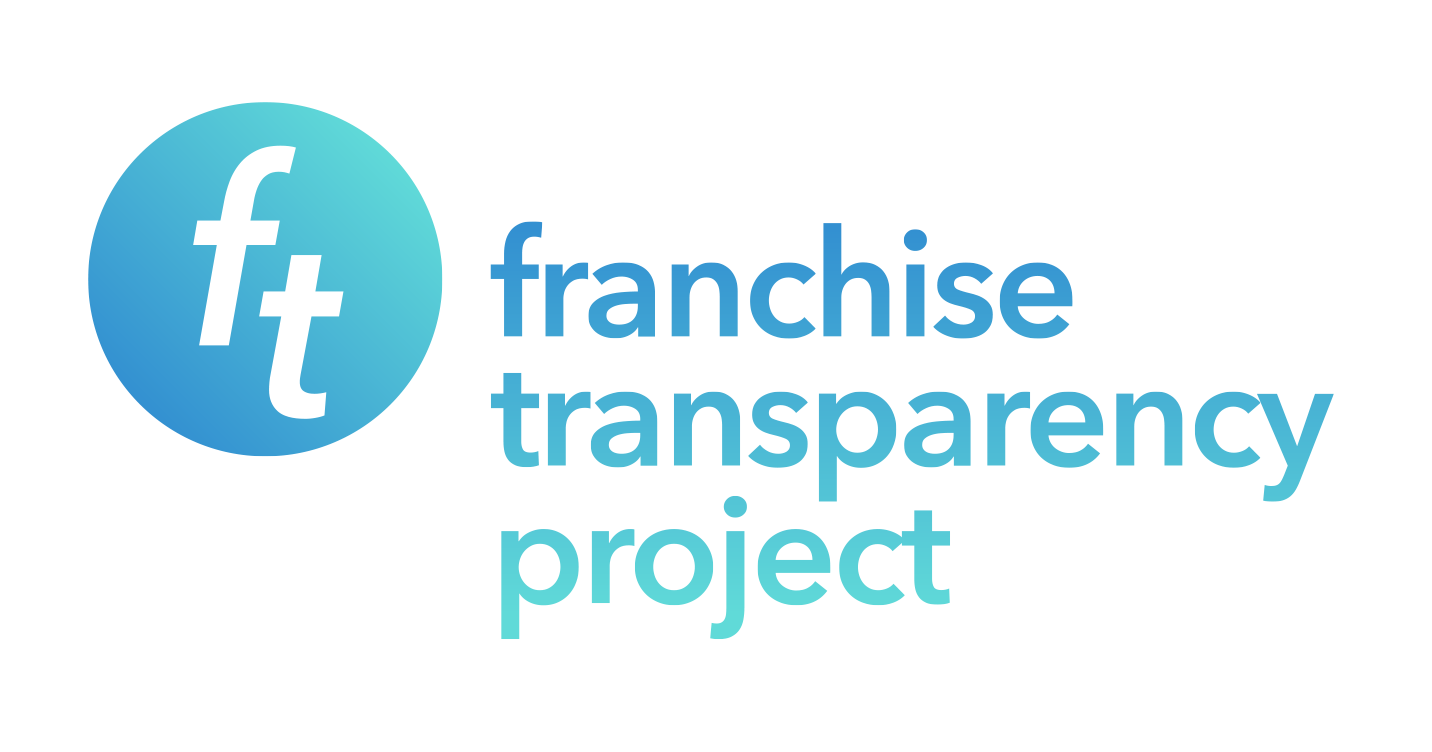Franchising Basics
Can I make money in franchising?
On the surface, it is a great question. But it’s not the question most people are really asking! There is clear, irrefutable evidence of franchise businesses that actually make money and are truly profitable investments. A glance at many current franchise disclosure documents (FDDs) will back this up, as will a few calls to active franchisees. You don’t have to look very hard to find the answer to this question.
The real question most prospective franchisees want answered is actually a composite of four questions:
- Can I make money while limiting the disruption to the life I’ve built up to this point?
- Can I make money in sufficient enough quantities to sustain, and grow, the life I’ve created?
- If that’s possible, how long will it take before I reach profitability?
- What will actually be required on my part to reach profitability?
The intent of these questions is to gain as much clarity as possible in the transition.
Prospective franchisees want to learn to go bear hunting while understanding how to avoid stepping on a financial bear trap. This is the crux of the entire franchise vetting process and why we created Franchising: Decoded & Demystified. Our aim is to help growth-oriented potential business owners answer these four key questions themselves so that they fully understand the transition.
A New Set Of Instructions
But to do so, you will need a new set of instructions to use in evaluating franchise concepts. The answers to each of these questions will vary widely from person to person, and from franchise concept to franchise concept. That’s why we developed our Franchise Evaluator, which you can find toward the end of our guide, Franchising: Decoded and Demystified. It will help you find your own answers and empower you to make the most informed decisions possible. However, before we demystify franchising, it is important for us to consider a little more context.
Franchising vs. Independent Businesses “Why Not Build From The Ground Up?”

The first question people ask themselves is: “Do I want to be in business for myself?”
For people with the entrepreneurial drive in their DNA, the answer is an easy “Yes!”
The second question, however, can be far more challenging to answer: “Should I start a business from the ground up?”
Many entrepreneurs choose the ground-up route, generally trading on a specific skill, intelligence, or passion they have for the professional path they have chosen. People who build businesses from the ground up also realize that trial-and-error is the best teacher, yet usually the most costly. Starting a business from nothing typically carries a greater level of risk, but of a different kind than risks associated with franchising. For example, is there a market for the business you’re about to start?
Franchise Vs Independent
What Kind of Business Owner Are You?
 Other people who are interested in business ownership would prefer not to reinvent the wheel to conserve their two most precious assets—time and money. These entrepreneurs would rather leverage a business operation template with a support structure: as in a franchise concept.
Other people who are interested in business ownership would prefer not to reinvent the wheel to conserve their two most precious assets—time and money. These entrepreneurs would rather leverage a business operation template with a support structure: as in a franchise concept.
Neither type of entrepreneur is wrong, or inherently better or worse. It simply comes down to understanding what you want the business to do for you, your role, skills, tenacity, and how you want to go about setting it up.
Franchising and Business Ownership
A New Base of Knowledge
 For entrepreneurs who go the franchising route, the overarching reason, based on all the research we have done and the conversations we have had with thousands of interested candidates, is that business ownership requires a completely new base of knowledge and application of new skills than those that currently made them successful.
For entrepreneurs who go the franchising route, the overarching reason, based on all the research we have done and the conversations we have had with thousands of interested candidates, is that business ownership requires a completely new base of knowledge and application of new skills than those that currently made them successful.
And if the goal is to build a successful business while mitigating the risks to the life they’ve built, they come to realize it will only be possible by following an existing franchise template thereby reducing time to market and ramp to profitability while avoiding foreseeable errors. Of course, success is not guaranteed, but franchised businesses have a frame of reference and allow you to speak with people who were in your shoes and made the leap. It can feel like there is far more help, support and, most importantly, a knowledge-base available to people who are evaluating a franchised brand.
Key Takeaway:
Business ownership requires a completely new base of knowledge and application of new skills than those that currently made them successful.
There Are No Riskless Businesses
 While it is true many franchise concepts offer more resources and franchisee support than you will find when starting an independent business from the ground up, it is important to remember there is risk in every business concept, and no franchise concept is a guaranteed success. The wild card is the marketplace. The consumer does not care about the risk you’re taking. They only care about getting their needs met. Everyone considering a franchise, no matter how experienced, must be prepared for these risks, including failure—there is simply no way to avoid a certain level of risk.
While it is true many franchise concepts offer more resources and franchisee support than you will find when starting an independent business from the ground up, it is important to remember there is risk in every business concept, and no franchise concept is a guaranteed success. The wild card is the marketplace. The consumer does not care about the risk you’re taking. They only care about getting their needs met. Everyone considering a franchise, no matter how experienced, must be prepared for these risks, including failure—there is simply no way to avoid a certain level of risk.
However, with the right kind of research and planning (and careful application of our Franchise Evaluator), potential franchisees can maximize their chances for success.
Do Unicorns and “A Franchise That Can Be Run Semi-Absentee” Really Exist?
The people for whom we designed our guide face an interesting predicament when considering whether or not to become a franchise owner. These people are successful in their professional careers, have amassed a certain net worth, and are now seeking to transition either from, or alongside, a career into business ownership. If everything goes to plan, this should allow them to augment or surpass their current income and realize certain quality-of-life goals.
The challenge is limiting the impact, in this transition, on their current lifestyle.
A New ‘Big Question’.
At this point, we will add another “Big Question” to the four from the beginning of our guide Franchising: Decoded and Demystified.
Can I keep my current income source while I build a business, so I don’t take a wrecking ball to the life I’ve built?
The answer is: “it is possible.” But it will depend on which concept you are considering and if it is set up to allow this to happen. Some systems actually strongly suggest you do just that, maintain your current income source until you have built your new operation to the point where it can sustain you. This is especially true in the case of a retail-based business during the real estate selection, build-out and initial hiring and training process. With other systems, however, you are all-in from day one.
It starts to get trickier when the business is actually open, operating and engaging customers, especially during the critical ramp-up period discussed earlier.
The way to answer this question for yourself is, again, the Franchise Evaluator.
Strong Operational Systems are the Key
 What is in question here are mostly internal factors: the franchisee’s role and the nature of the franchisor’s operational systems. With well-defined operational systems, it is clear who is doing what, how what they are doing relates to what others are doing, what the objective is, when the output meets or does not meet these objectives, how the customers are handled, and how to maintain consistent quality in products and services.
What is in question here are mostly internal factors: the franchisee’s role and the nature of the franchisor’s operational systems. With well-defined operational systems, it is clear who is doing what, how what they are doing relates to what others are doing, what the objective is, when the output meets or does not meet these objectives, how the customers are handled, and how to maintain consistent quality in products and services.
Simply put, if it is possible for you to open, ramp up and operate your franchise business to profitability while maintaining your current income, it will be because of the sophistication of the operational systems in place. This will include everything that goes into employee training, the system’s operational efficiency, and the strength and approach of the franchise’s leadership team.
Key Takeaway:
Simply put, if it is possible for you to open, ramp up and operate your franchise business to profitability while maintaining your current income, it will be because of the sophistication of the operational systems in place.
Franchisor Situation In Focus:
There is a growing holding company of consumer service franchise brands who put an inordinate focus on building systems for semi-absentee operation. The nature of the business precludes franchisees from being at the center of the transaction or deeply involved in the operation at all. The franchisees’ role is to manage overall business growth functions.
A franchisor with sound systems should be able to talk you through exactly how the system works, why it is critical to the business, what the output should be, how it is evaluated, how output is measured, and who manages everything.
As previously discussed, a key area to investigate is the marketing and customer acquisition demands on the franchisee. Many franchise concepts require far more of your involvement for a longer period of time than you might anticipate. You should be able to find and talk to current franchisees who opened and ramped up their own franchise while holding down a full-time position, and you must rely on their experience for guidance. If you cannot readily find current franchisees who built profitability while keeping their day job, it may not be a realistic expectation with that franchise concept.
Semi-Absentee Does Not Mean Semi-Committed!
There is a huge ‘but’ here. We are talking semi-absentee with respect to your time, not your personal commitment to business success. No matter what time commitment you make, your personal commitment to business success must be 100%.
There are many systems wherein semi-absentee or part-time ownership simply is not possible or not allowed, and there are also many systems claiming it is possible, yet it simply is not possible from a practical, real world standpoint.
You must deeply probe a franchisors systems and all related functions to understand whether or not it is possible to open and ramp up around a full-time job, and consider what your own personal commitment will be to make this arrangement work.

